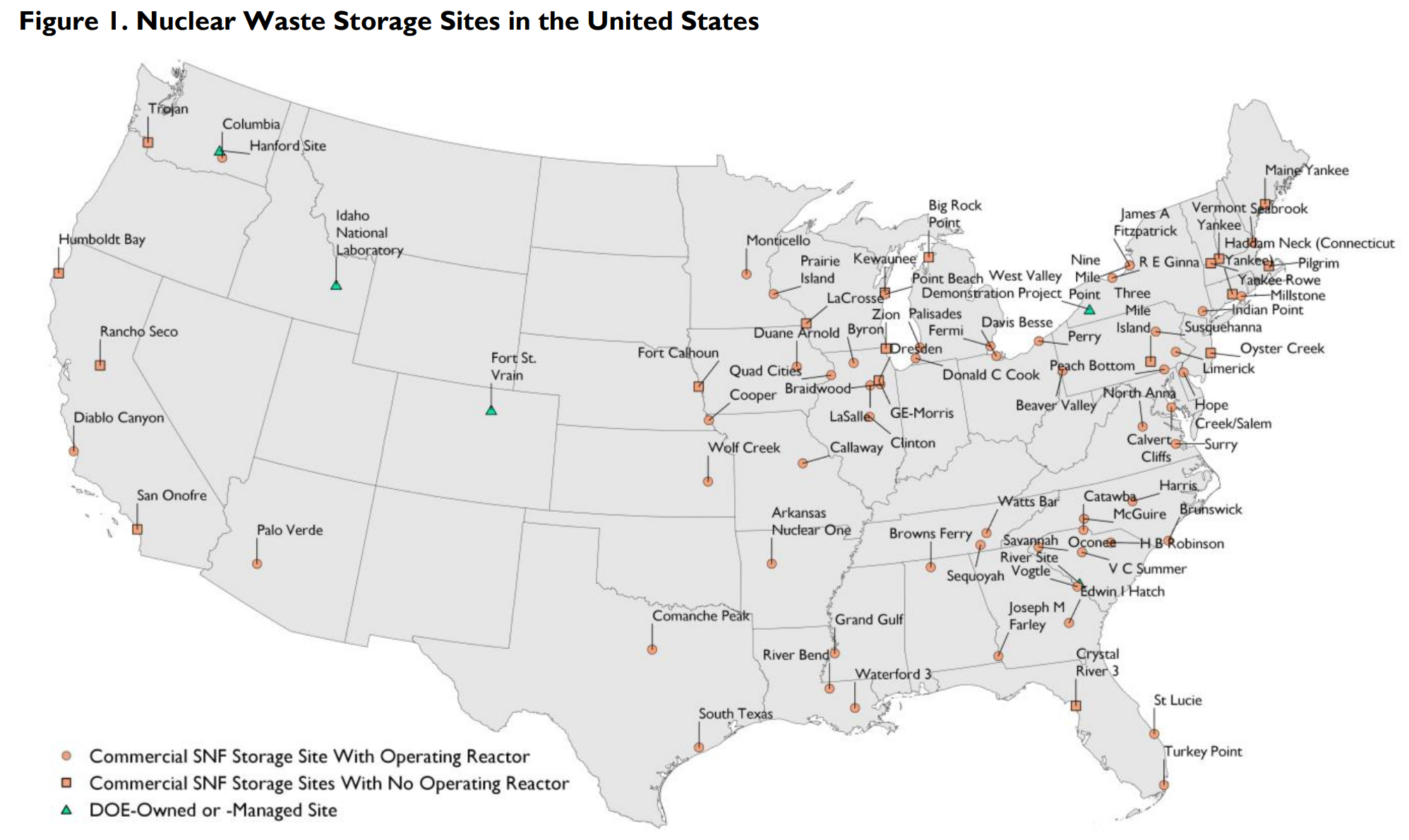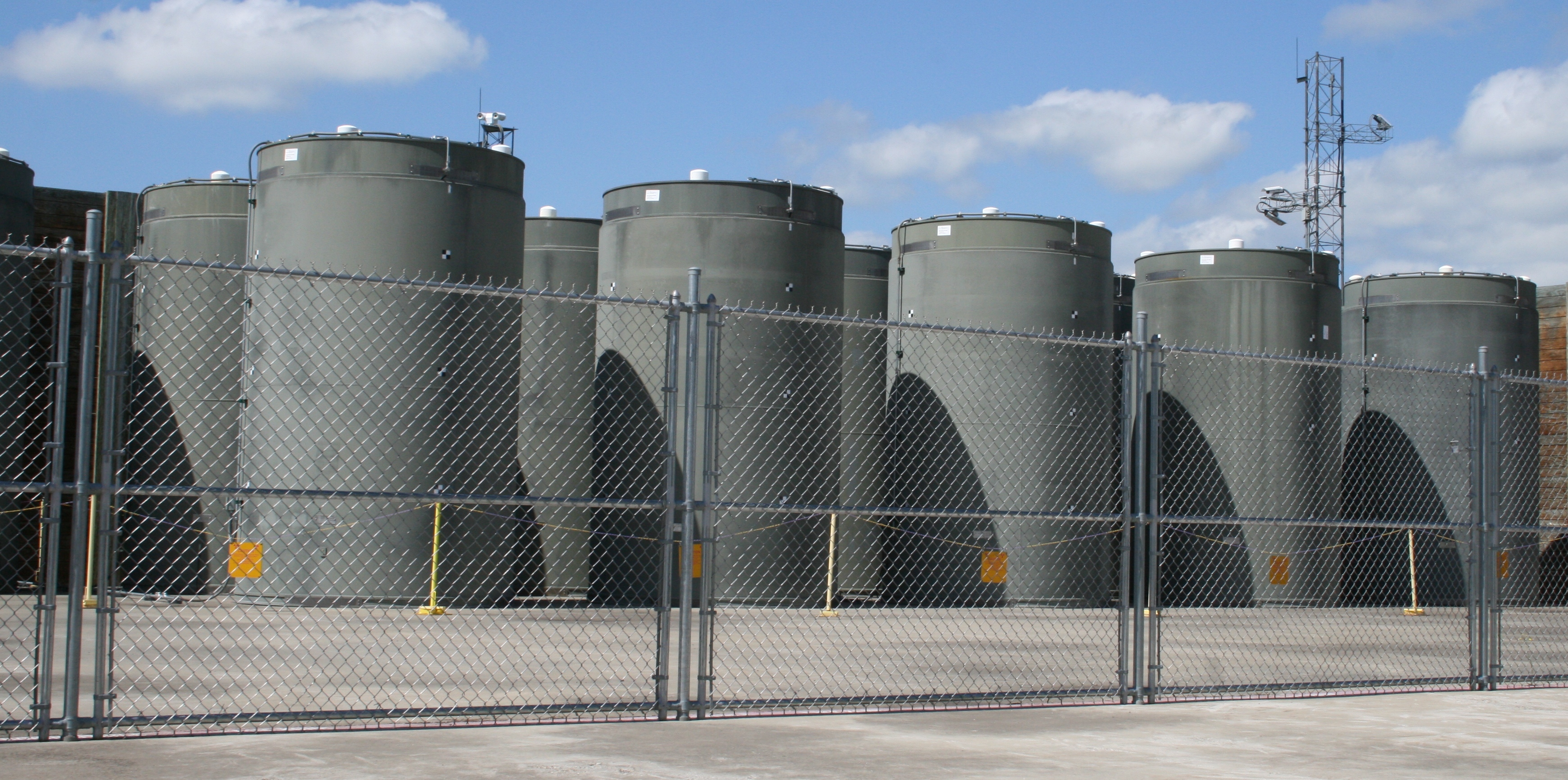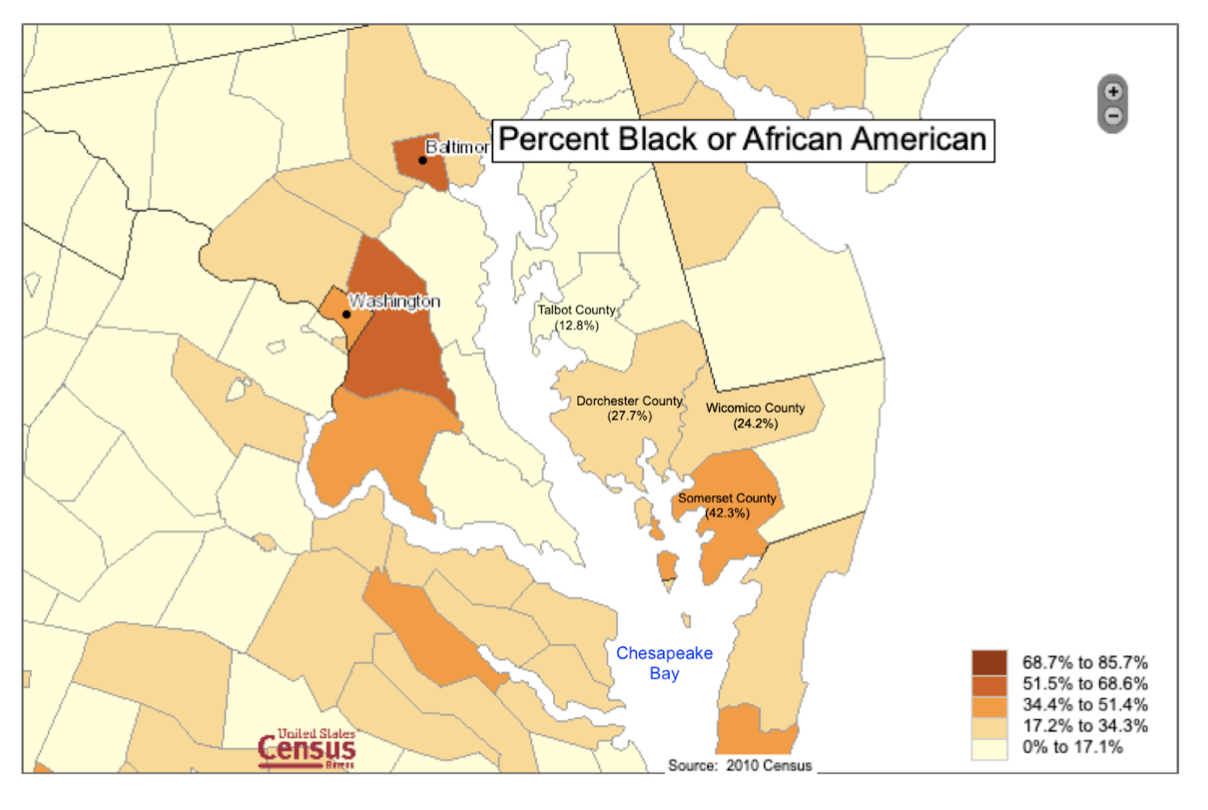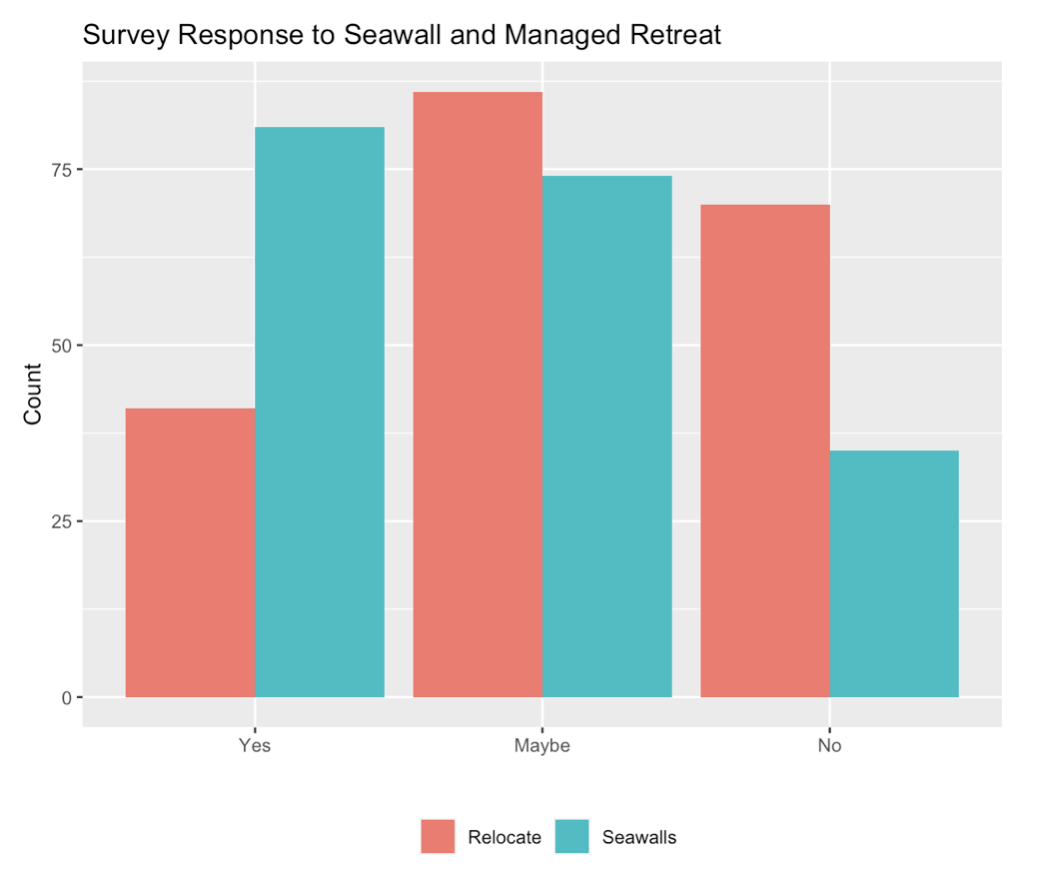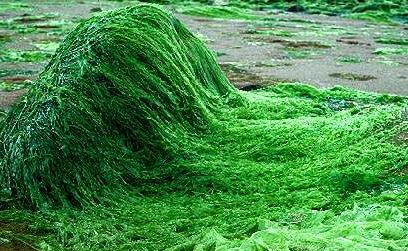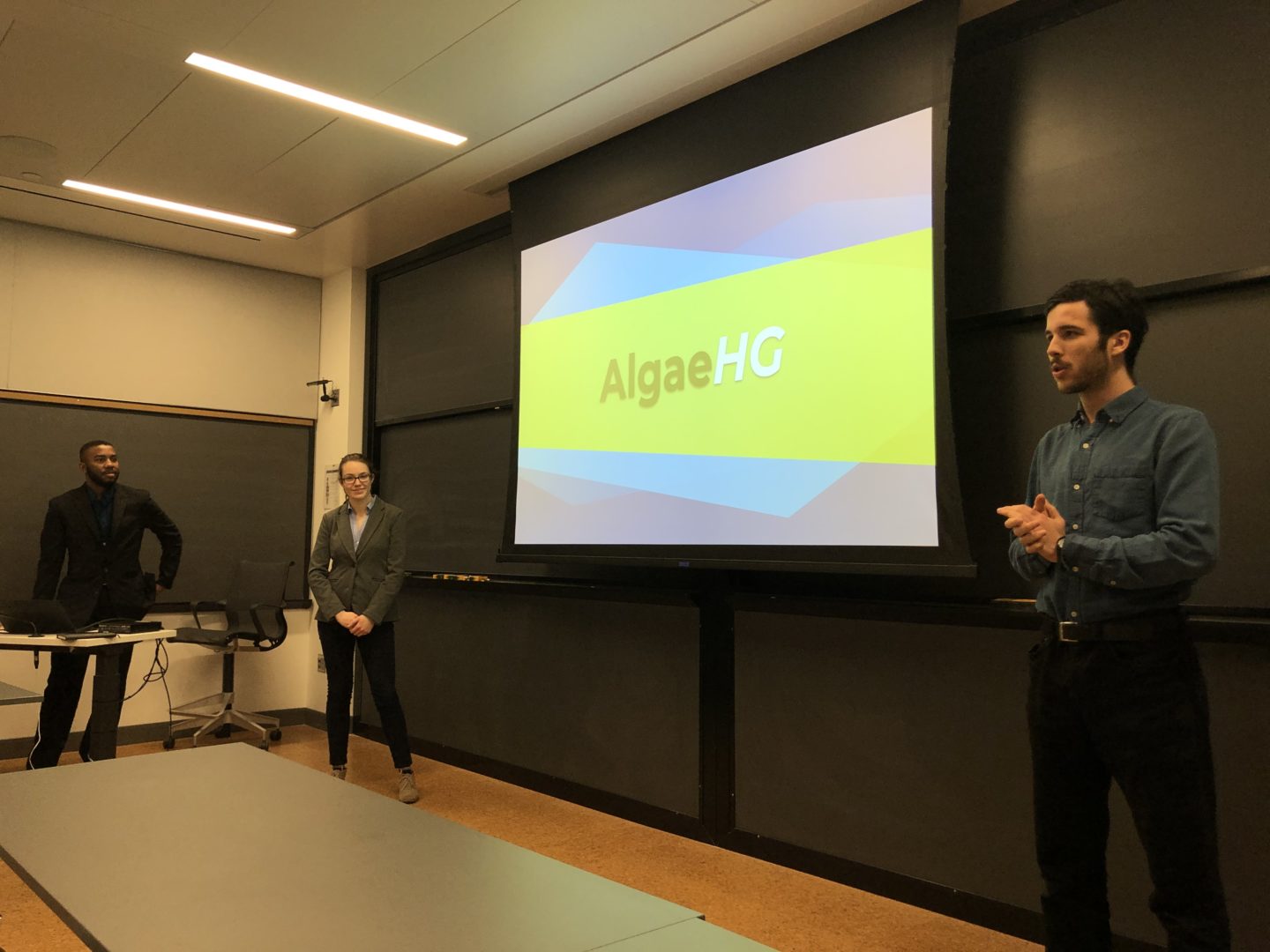Trained as a sociocultural anthropologist, Jerry Zee, Assistant Professor of Anthropology and the High Meadows Environmental Institute, just about does it all. His research looks through the lenses of geophysics, literature, feminist studies, ethnography, aerosol science, and more, to fill gaps in our current knowledge of Chinese geopolitics in relation to changing weather patterns. Read this interview to dive into his complex and interdisciplinary world!
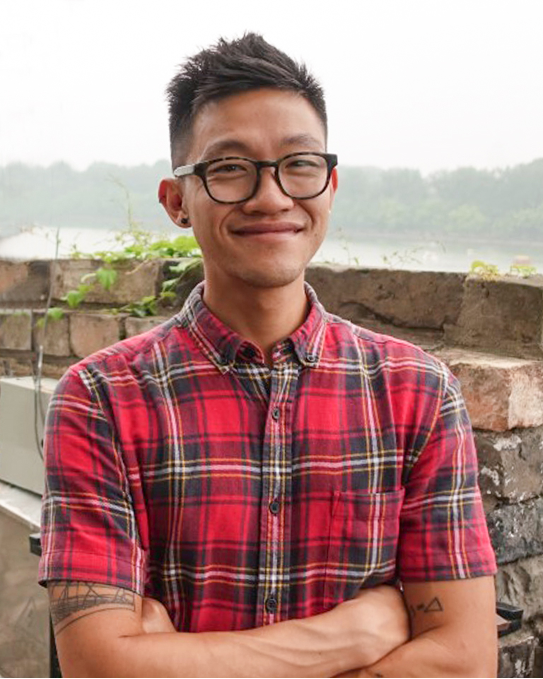
What does sustainability mean to you? How do you engage with sustainability outside of your work?
Sustainability is an idea that […] there is an ethical, technical, political demand for us to think about what would be necessary that the planet outlasts us. It’s a concept that has roots in the fantasy of the sustainability of the planet for capitalism, but I think that we can tinker it, or tweak it, or undo it, so that it can orient us more broadly toward a relationship with things we can’t possibly imagine yet. I would like to think about it as an open ethical and political injunction, you know, our responsibility to both the past and the future. As an anthropologist, one cannot draw a clear distinction between work and not work.
Could you give a brief overview of your current research? What makes it interesting to you?
I write about what I call modern weather, or a meteorological contemporary in China. What I mean by this is that accounts of modern China are given in political and geopolitical terms, and parallel to this, I try to make sense of how the period that we understand as China’s modernity (its different adventures with socialism, late socialism, experiments with markets, and different kinds of political reform) has also been a time in which the weather across China has been changing in ways that are deeply linked to political transition. The things I think most specifically about are dust and aerosol events, so I’m interested in how in the last several decades, a crisis of large-scale land degradation across China’s interior, most conventionally known as desertification, has deep-rooted relations with the changing nature of Chinese institutions, politics, and society. There’s a tremendous number of strange things happening which confounds conventional ways of understanding what we think the Chinese state is and does, and what we think about the horizons of liberal environmental politics.
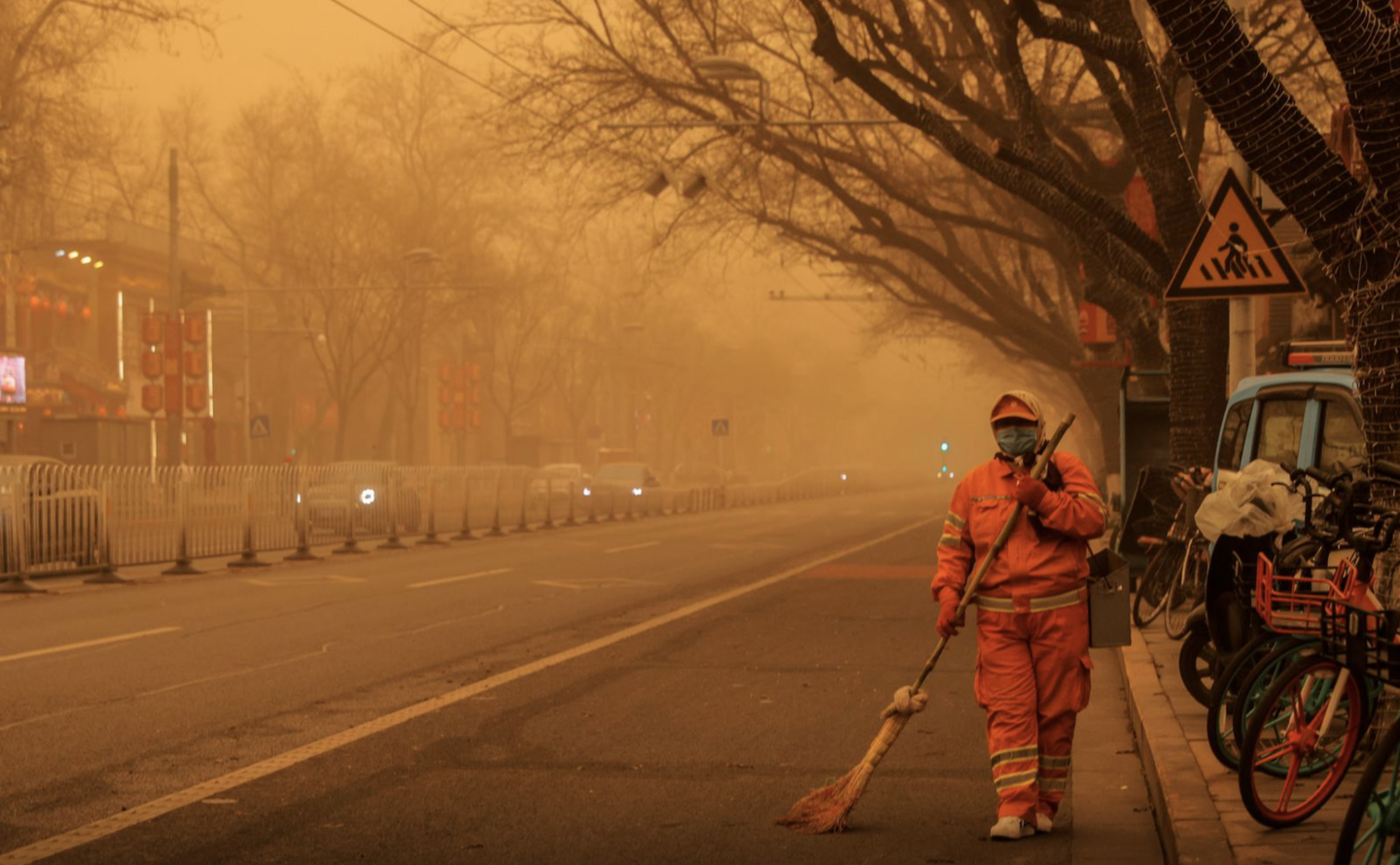
A sweeper walks with a broom along a road during morning rush hour as Beijing, China is hit by a sandstorm.
Image and Caption Credit: https://www.reuters.com/article/us-china-weather-sandstorm/beijing-choked-in-duststorm-stirred-by-heavy-northwest-winds-idUSKBN2B703
How do you approach your research problems? What resources do you use to navigate a research journey?
I’m trained as an anthropologist, but I think across a couple of different fields that inform the way I do research. I really like engaging with the humanities, especially in literature, and then I think across feminist traditions and science studies. Ethnographic research in the way I understand is based both on long term fieldwork and what we call participant observation, which means going and living in the rhythms of a certain kind of community or place for a long time – thinking from within the logics and tensions and textures of lives in these places. To think concretely my research involves working with state bureaucrats, scientists, and everyday people in China. That means everything from working with ecologists and geophysicists at state environmental research stations to forestry officials and planting teams from China and Korea to aerosol scientists in the US, to living with herders and pastoralists as they figure out how to manage the degradation of their pastures.
How do you avoid observer bias?
You can’t. We are all people who have backgrounds and who come from places and who are trained in certain ways. One of the questions that, as an ethnographer, I think about all the time is, “How is it that the specificity of who I am shapes the kinds of claims and arguments I make?” One of the things you learn to do is undercut your own arguments and think about the ways that you may be deeply committed to them. I fully believe that if another person did exactly the same project it would be a different question, but at the same time, I’m committed to an empirical truth as it appears through the encounters I’ve had.
What are some issues with our current understanding of Chinese geopolitics?
I think we need better accounts of China as an environmental agent and state. Many of the accounts that we get in the US either oppose China as an environmental hellscape in which the environment is collapsing in freefall, when in fact there are many kinds of political experiments that are emerging in tandem with the ecological catastrophe that is modern China. On the other side, there are sort of very hopeful and messianic accounts of Chinese environmental politics that pose it as a viable alternative to what people see as impasses in either the American or the international systems. Often people will point to China’s energy sector and its investment in clean energy transition as proof that the Chinese system is somehow better, and I wanted a way of doing research that doesn’t fall either into one of these pools, so that’s what moves me.
Are there any sustainability or climate science resources you know of that you would suggest for readers?
I would check out an organization called APEN, which is the Asian Pacific Environmental Network. They are at the very cutting edge of doing environmental justice work and research in communities that are affected, and they are good at thinking about the inter-relationship of environmental and social processes.

Check out my syllabi – I’m learning new things all the time. One of the more compelling things over the last couple of years since I’ve started teaching is that I learn a lot from the passion and energy and creativity and resolve of students. Learn from yourself.

